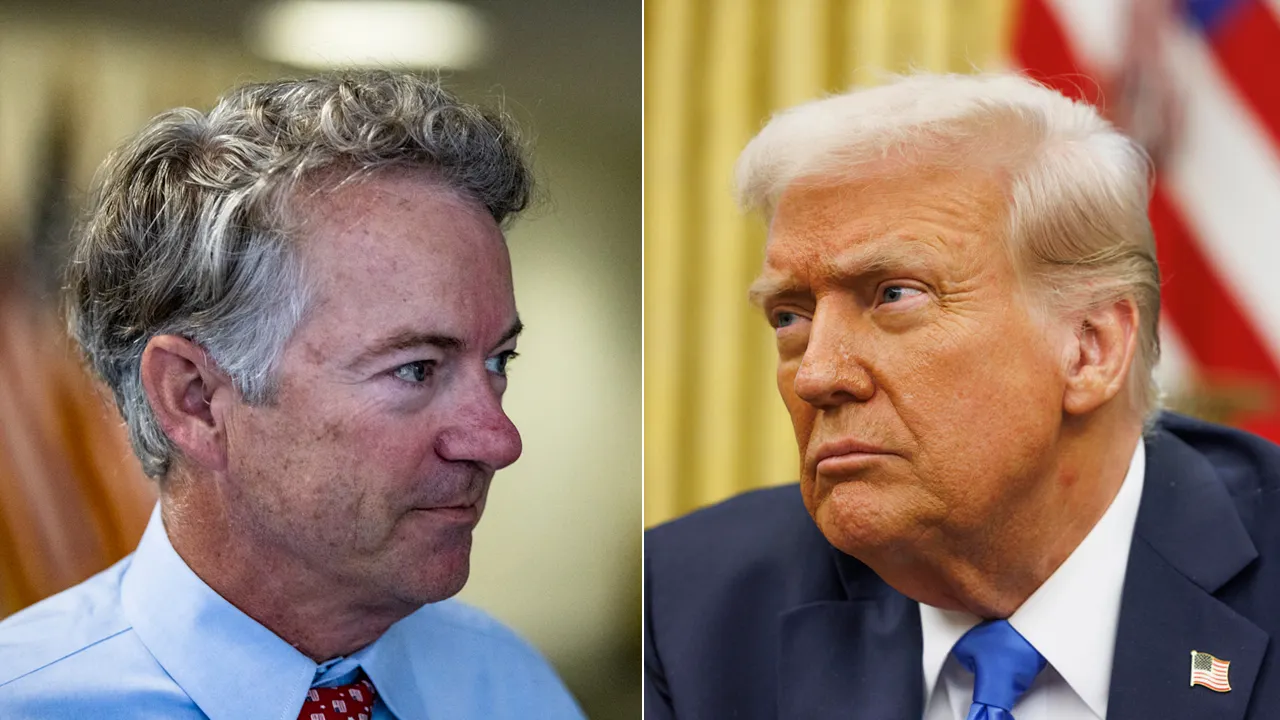LAST FRIDAY, AT THE MUNICH SECURITY CONFERENCE, Vice President JD Vance lectured our European allies about democracy.
“When we see European courts canceling elections and senior officials threatening to cancel others, we ought to ask whether we’re holding ourselves to an appropriately high standard,” he preached. “We must do more than talk about democratic values. We must live them.”
Vance’s speech was remarkable not just because he misrepresented the European cases he cited—in particular, the recent election in Romania, as Cathy Young has explained in The Bulwark—but because Vance got his job, to a large extent, by threatening to nullify elections. He’s part of a systematic process in which Donald Trump has gotten rid of those people who objected to or blocked his coup attempt following the 2020 election—and has replaced them with people more amenable to overturning the vote of the people.
The first step was replacing the vice president. On January 6, 2021, Mike Pence rebuffed Trump’s pressure to suspend or manipulate the counting of electoral votes. A year later, when Trump rebuked Pence for failing to comply, Pence repeated that the vice president had no authority to overturn an election. In 2023, Pence reaffirmed that Trump’s allegations of fraud and election theft were factually wrong.
Share
Vance, meanwhile, signaled that he would have done what Pence refused to do. Last February, in an ABC News interview, the then-senator was asked whether—had he been in Pence’s position—he would have certified Joe Biden’s victory. “If I had been vice president, I would have told the states like Pennsylvania, Georgia, and so many others that we needed to have multiple slates of electors,” Vance replied. “And I think the U.S. Congress should have fought over it from there.”
In July, Trump picked Vance—who, apart from his pliability, was conspicuously unqualified—as his new running mate. Vance obliged him by parroting Trump’s lies about 2020. In a New York Times interview, Vance refused five times to acknowledge that Trump had lost that election. He suggested that the election was invalid because “big technology companies censored the Hunter Biden laptop story” and thereby “cost Donald Trump millions of votes.”
(Fact check: The so-called censorship consisted of a two-day suppression in October 2020 of links to a particular New York Post article, as Twitter and Facebook tried to figure out whether the laptop story was Russian disinformation. The link was then restored for the last three weeks of the election. No other coverage of the story was suppressed.)
At a campaign rally last fall, Vance flatly denied that Trump had lost in 2020. Due to “serious problems” in the campaign and the voting process, he concluded: “Did Donald Trump lose the election? Not by the words that I would use.”
Assuming Trump doesn’t run for a third term—which would require circumventing, suspending, or creatively interpreting the Constitution—Vance is a frontrunner for the Republican presidential nomination in 2028. And if he loses that election but fights it all the way to January 6, 2029—when he’ll be in charge of the Electoral Vote count—he’ll likely have two fellow election deniers in key positions: Attorney General Pam Bondi and Kash Patel, who has just been confirmed as director of the FBI.
Get 30 day free trial
In November and December 2020, then-Attorney General Bill Barr rejected Trump’s lie that voter fraud had affected the outcome of that election. But Bondi, the former attorney general of Florida, supported Trump’s story. At a press conference in Philadelphia, she stood with Eric Trump and Rudy Giuliani and declared, falsely, that Trump had “won Pennsylvania.” Then she went on Fox News and claimed that “fake ballots” had corrupted the election.
Bondi never retracted those debunked allegations. Last month, at her confirmation hearing, she boasted that Trump had won the 2024 election “overwhelmingly,” but she refused to concede that he had lost in 2020.
If Trump, Vance, and Bondi contest the outcome in 2028, they’ll need help from the FBI. Chris Wray, the previous FBI director, offered no such help when Trump claimed that massive fraud had changed the outcome in 2020. Wray testified that the bureau had looked for such fraud but couldn’t find it.
Wray’s failure to satisfy Trump led to his ouster in December. Patel, by contrast, is a fervent election denier.
“Donald Trump has every right to tell the world that he won the 2020 election,” Patel proclaimed two years ago. “He has every right to tell the world that the 2020, 2016, and every other election in between was rigged by our government. Because they were.”
Patel has vowed to pursue legal action “criminally or civilly” against “the people in the media . . . who helped Joe Biden rig presidential elections.” Three weeks ago, when he was asked at his confirmation hearing whether the 2020 election had been stolen, he replied: “Millions of Americans have expressed concern going back to multiple elections over election integrity.”
Join now
PATEL’S CONFIRMATION, secured Thursday afternoon by Republicans in the Senate, completes Trump’s installation of proven collaborators in key positions overseeing our election system. The people who said no to Trump’s lies in 2020 and 2021—Pence, Barr, and Wray—are out. They’ve been replaced by people who affirmed those lies and stand ready to do so again: Vance, Bondi, and Patel. Team Coup, if called upon, is ready.
So when Vance tells the Europeans that the greatest danger facing democracy is “the threat from within,” he’s right. But that threat isn’t coming from Europe. It’s coming from the United States.
Send this article to some friends or post it to social media:
Share













